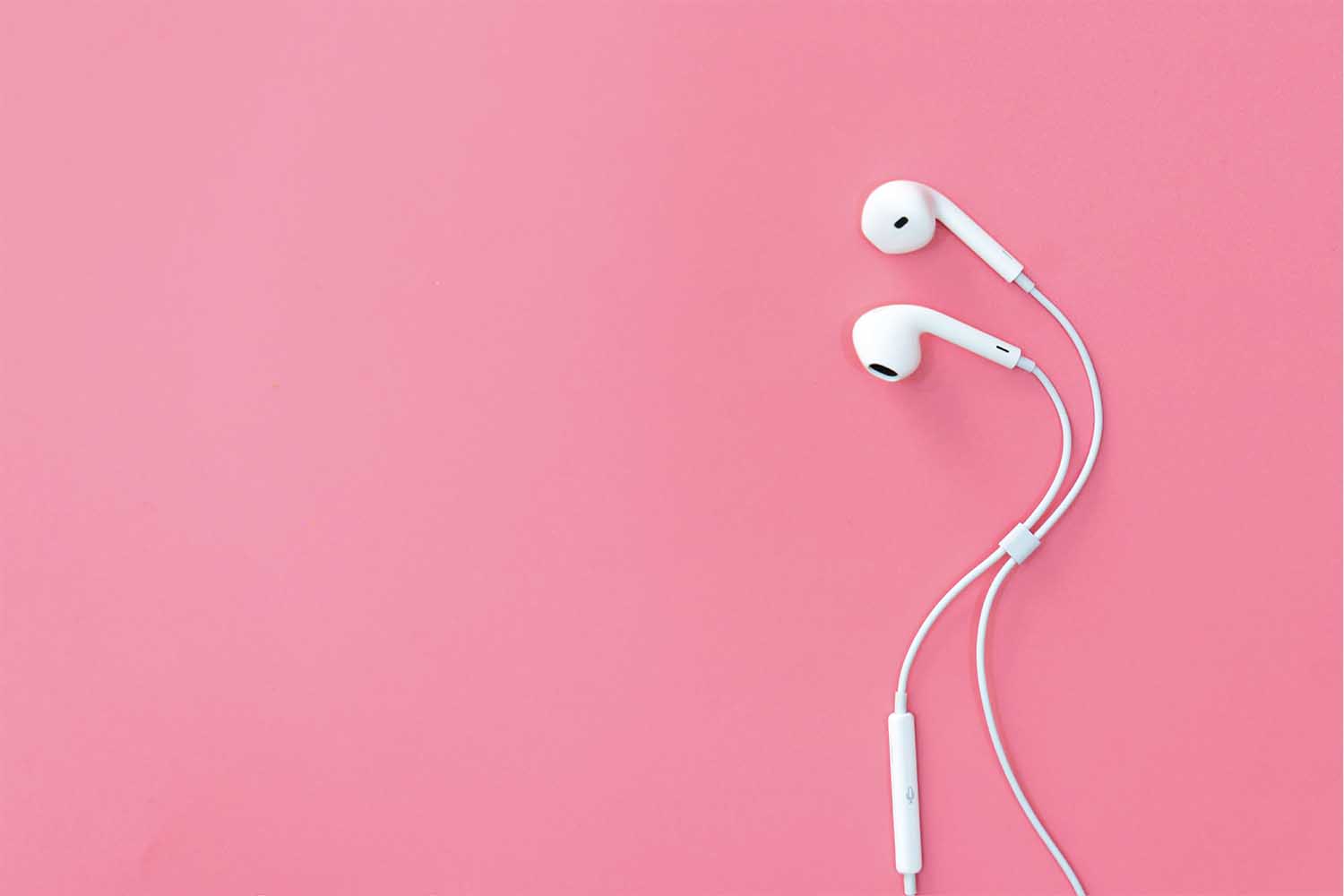The work from home era has given workers newfound flexibility in how they spend their 9-5. Next to sleeping in and rubbing one out, midday naps have become a frequent habit of American workers — particularly for the youngest generation — according to a recent study.
The study, published in October by Plushbeds, a luxury manufacturer for bedding, mattresses and pillows, surveyed 1,000 Americans on their napping tendencies and found that catching some Zs on the clock was fairly common, with more than 2 in 3 participants saying they’ve napped during work in the past. Gen Zers, most of whom have only recently entered the workforce, are really taking advantage of the tiny luxuries WFH offers. Per the study, 80 percent of Gen Zers confessed to having napped at work.
But before you start scoffing at the youngest generation for being lazy and entitled or whatever, according to the report, 70 percent of millennials, 60 percent of Gen Xers and 71 percent of baby boomers have also admitted to dozing off during the workday.
While napping on the job isn’t exactly encouraged by most companies, and if caught, workers would likely face some kind of repercussion, taking a quick snooze might actually increase productivity.
“More than half of our respondents loved the refreshing feeling of waking up after a quick nap, and over a third felt more productive and alert too,” wrote the study’s authors. “Around 30 percent said that it makes up for a bad nighttime sleep and helps ensure they get a better one next time.” Other studies have long backed up these pro-napping claims, finding that indulging in a light snooze can decrease fatigue and increase alertness, mood and performance. However, nappers might be losing financially.
“Nappers were both more likely to be in a managerial role and to have received a promotion in the last year than non-nappers. That being said, people who didn’t hit the hay during the day were twice as likely to find themselves making $100,000 or more on an annual basis,” notes the study. As a reminder, this is a small sample size, so we can’t make any sweeping conclusions about the income bracket of nappers and non-nappers. Still, the study provides some interesting insight, particularly into how workers feel about relaxing certain aspects of the 9-5 grind.
“Rather than being scolded, many respondents think that napping should be integrated into the workplace,” notes the study.” Some suggested the introduction of a napping room, nap pods, a stipend for sleep aids and even paid nap breaks. Others would simply appreciate if naps were encouraged or even just allowed when they’re on the clock.”
After all, over 70 percent of Americans say that they’re sleep-deprived on a regular basis. If we can’t have a 4-day workweek, at least let us have our afternoon naps.
Thanks for reading InsideHook. Sign up for our daily newsletter and be in the know.


















